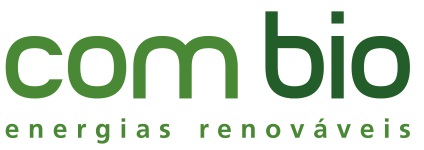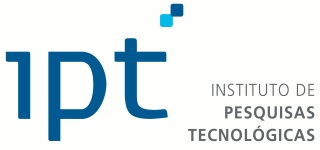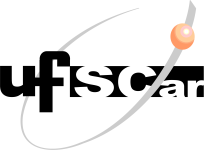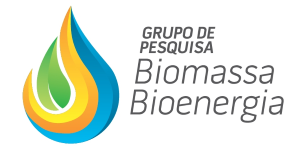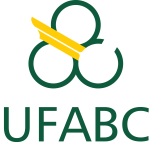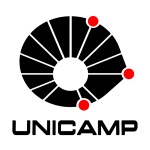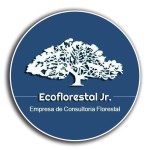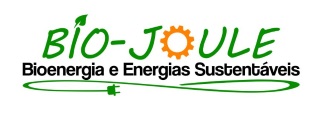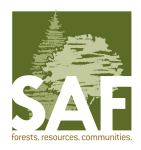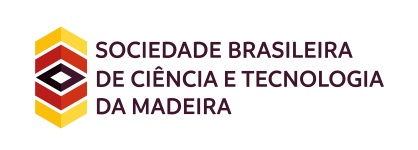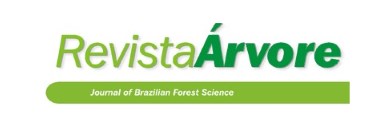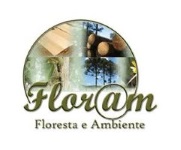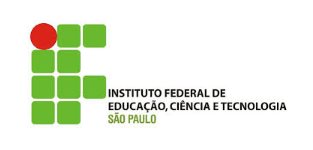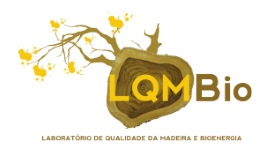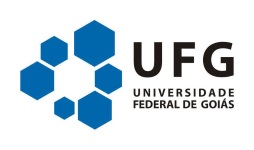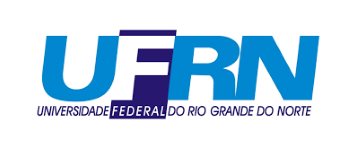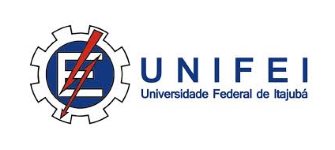A COMBINED RESTORATION AND CERTIFICATION STRATEGY FOR SUSTAINABLE BIOENERGY
03 - Bioenergy: Economy, Market and Policy
 1 FLORIAN KRAXNER, 1 PING YOWARGANA, 1 SYLVAIN LEDUC, 1 PIERA PATRIZIO, 1 DMITRY SCHEPASCHENKO, 2 SABINE FUSS, 1 ANATOLY SHVIDENKO, 1 CHARLOTTE KOTTUSCH, 1 SENNAI MESFUN, 1 ANDREY KRASOVSKII, 1 BINTANG YUWONO, 1 ANDREE EKADINATA, 1 LINDA SEE
1 FLORIAN KRAXNER, 1 PING YOWARGANA, 1 SYLVAIN LEDUC, 1 PIERA PATRIZIO, 1 DMITRY SCHEPASCHENKO, 2 SABINE FUSS, 1 ANATOLY SHVIDENKO, 1 CHARLOTTE KOTTUSCH, 1 SENNAI MESFUN, 1 ANDREY KRASOVSKII, 1 BINTANG YUWONO, 1 ANDREE EKADINATA, 1 LINDA SEE
1 ECOSYSTEMS SERVICES AND MANAGEMENT PROGRAM (ESM), INTERNATIONAL INSTITUTE FOR APPLIED SYSTEMS ANALYSIS (IIASA)
2 MCC
Land is central to people's livelihood and basic needs. The world has high potential of degraded land that can be restored to serve the enhancement of human well-being. However, people have different understanding of degradation which leads to lack of coordinated and impactful actions that are required to realize the potential of degraded land. Clear, inclusive and operational definitions of degradation are required in order to assess needs and benefits of forest and landscape restoration. This presentation shows the latest results of the RETORE+ project, a five-year partnership that aims at addressing Food-Land-Energy nexus related to restoration or utilization of degraded/marginal land in Indonesia and Brazil. In Indonesia, participatory mapping campaigns will be combined with land-use and supply chain modelling. The aim will be to identify specific areas with scenarios for restoration and sustainable utilization and their implications on production (including on bioenergy), biodiversity, greenhouse gas (GHG) emissions and social impacts (e.g. land tenure rights). In Brazil, the project will enhance established land monitoring and modelling capabilities and support Brazil’s contribution to meeting the “Bonn Challenge”. Renewable energy types, i.e. bioenergy, are picking up in their contributions to the total energy supply in tropical countries and are often listed as an important component for reaching the Nationally Determined Contributions (NDCs) to reaching the ambitious climate mitigation targets under the Paris Agreement. A major RESTORE+ tool for assessing bioenergy potentials is IIASA’s spatially explicit renewable energy systems optimization model BeWhere. Engineering-type modeling can help identifying the potential for using degraded, abandoned and marginal land for energy feedstock production. By doing so, different ecosystems services than the sole maximization of carbon sequestration can be proposed as restoration option. However, a major challenge remains in assuring the sustainability of feedstock production in the tropics. Otherwise suitable tools such as the independent certification of forest management and plantations is usually to costly and hence rarely applied in Indonesia or Brazil.This presentation shows the unique opportunity to combine restoration efforts and related funding with energy feedstock production and biomass certification in order to ensure the sustainability of such systems. First results indicate that multiple ecosystems benefits can be generated under the proposed strategy.
Keywords: restoration; bioenergy; food-land-energy nexus; energy modeling; certification;
Acknowledgments: IIASA's Tropical Futures Initiative (TFI, www.iiasa.ac.at/tropics); IIASA-led “RESTORE+: Addressing Landscape Restoration on Degraded Land in Indonesia and Brazil” project (www.restoreplus.org);
